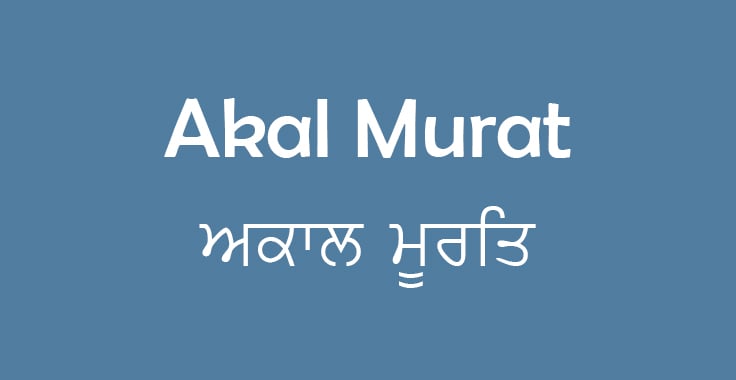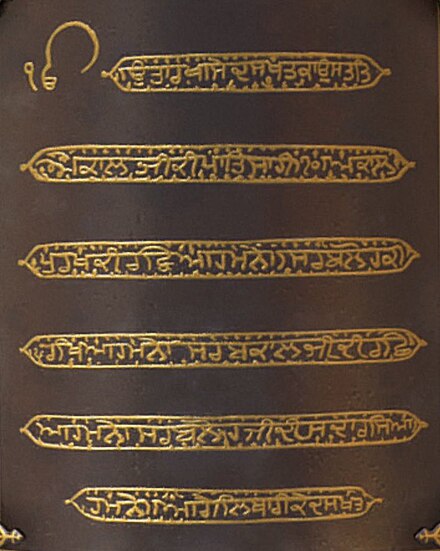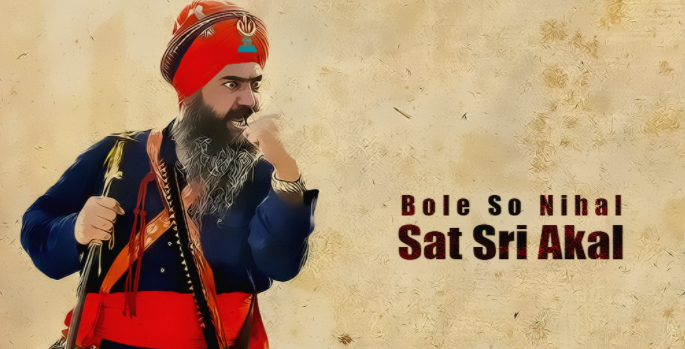Explore the concept of Tankhah in Sikhism, a unique expiatory practice for breaches of code, emphasizing community, humility, and spiritual growth.
Explore the transformation of the term Akali from Nihangs to Shiromani Akali Dal, a key Sikh political force. Dive into its rich history and significance.
Discover the inspiring journey of Sant Visakha Singh, a Sikh reformer and preacher, pivotal in the Akali movement and educational upliftment in Punjab.
Explore the essence of Akal Murati, the 'timeless image' in Sikhism, symbolizing Divine Reality beyond time and space, yet present in cosmic forms.
Discover the meaning of Akal Purakh, the Eternal Creator, in Sikhism's rich literature and its theological significance.
AKAL USTATI (In Praise of the Timeless Being) is a poetical composition by Guru Gobind Singh in the Dasam Granth. This is the only major composition in the Tenth Master\'s Book which is without a title. The title by which it is known is made up of its first word, Akal (The Timeless One), and its last word, Ustati (praise). In the beginning is the note: utar khase daskhat ka Patshahi 10 (a copy of the Tenth Guru\'s own handwriting). After four lines comes the next note: agai likhari ke daskhat (henceforth is the scribe\'s writing).
AKAL TAKHT is the primary seat of Sikh religious authority and central altar for Sikh political assembly. Through hukamnamas, edicts or writes, it may issue decretals providing guidance or clarification on any point of Sikh doctrine or practice referred to it, may lay under penance personages charged with violation of religious discipline or with activity prejudicial to Sikh interests or solidarity and may place on record its appreciation of , outstanding services rendered or sacrifices made by individuals espousing the cause of Sikhism or of the Sikhs.
Discover Akal Bunga Sahib Gurudwara in Anandpur. Learn about its historical significance, related to Guru Tegh Bahadur Sahib's legacy and Sikh faith.
Discover the deep meaning and history behind the Sikh jaikara, 'Bole So Nihal, Sat Sri Akal,' a powerful expression of joy and divine victory.
CHAUNKI or Chauki, lit. quarter, a four footed wooden platform upon which sat the holy choir to recite the sacred hymns in a gurdwara or at a gathering of the devotees. The term chaunki also refers to a session of kirtan or hymn singing, the number of singers at such sessions commonly being four, nowadays usually three, playing different instruments. Kirtan is a popular form of worship among Sikhs. At all major gurdwaras at least four kirtan chaunkfs are held. At the central shrine, in Amritsar, the Harimandar, kirtan goes on all the time, from 2.45 a.m. to 9.45 p.m.







